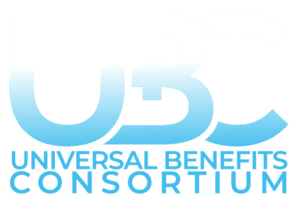School districts considering self-funded health plans typically hire a TPA to provide the expertise in developing and administrating a customized plan. Working with a TPA, an employer is able to provide benefits, paying health providers directly only as needed and fixed administrative costs monthly to their TPA. This model represents significant cost savings to a company’s bottom line.
